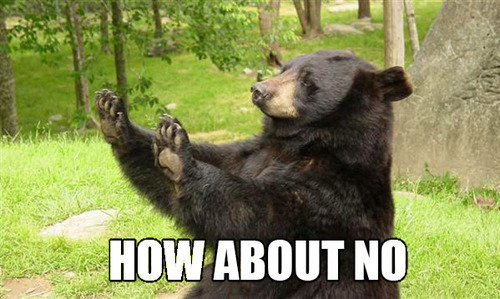Ever year on my birthday I always like to take an hour and write down some of the lessons I learned and quotes that have inspired and motived me over the year.
Here are some of my favorite from this year:
The only real things that matter in life are attitude and perspective. The same thing can happen to multiple people but it’s each of their attitude and perspective that changes the impact, effect and aftermath.
I try to think about this everyday and make sure I have proper perspective on things going on around me.
Expectations kill gratitude.
This is a humbling thought when you apply it to your interactions with people you deal with every day.
Everyone won’t like me.
It took me a long time to be comfortable with this. It doesn’t however mean that I shouldn’t try to like love everyone.
I’ll do whatever it takes to win games, whether it’s sitting on a bench waving a towel, handing a cup of water to a teammate, or hitting the game-winning shot. – Kobe Bryant
Everyone wants to hit the game-winning shot but how many of us can be content sitting on the bench if that is what is best for the team?
Younger people tend to see things in black and white. Experience lets you see the grey.
<Insert ‘50 Shades of Grey’ Joke Here>
Not everyone will appreciate or notice all your efforts.
If it needs to be done you should just do it anyway.
If you can’t explain your position clearly in simple language, you probably don’t understand it yourself.
but…um…you know…security….cyber…hacking…trust me.
“Nobody ever planned to be broke, fat, lazy, or stupid. Those things are what happen when you don’t have a plan.” -Larry Winget
Planning has been a big part of this year for me.
Don’t ever make someone feel insignificant or inadequate.
This is a lot harder than it sounds.
Find something you’re passionate about and become really, really good at it.
I found what I am passionate about…. I am working on the second part.
Life throws curve balls. If you never learn how to hit one you will end up looking foolish.
“Sometimes life hits you in the head with a brick. Don’t lose faith.” – Steve Jobs
I <3 Steve Jobs.


